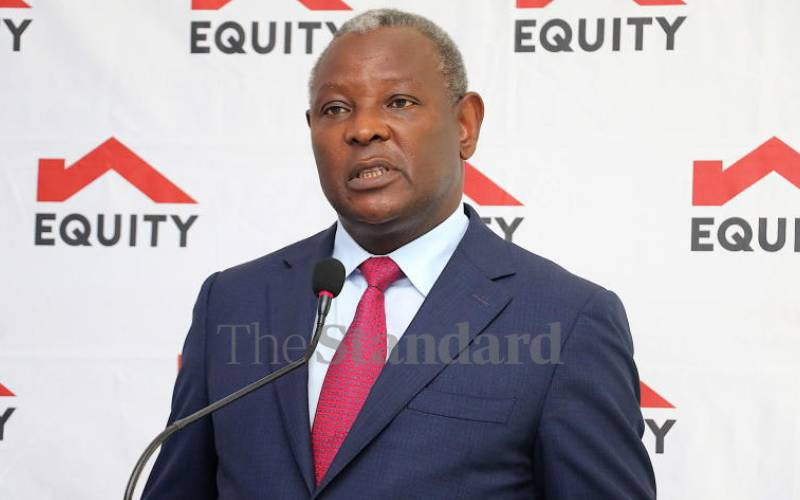×
The Standard e-Paper
Smart Minds Choose Us

If there is any good news about 2023, it is how bad 2022 was.
Risks abound in the New Year, although a silver lining lurks. But many of the headwinds from 2022 are likely to be tailwinds now, business leaders across the sectors appear to agree.